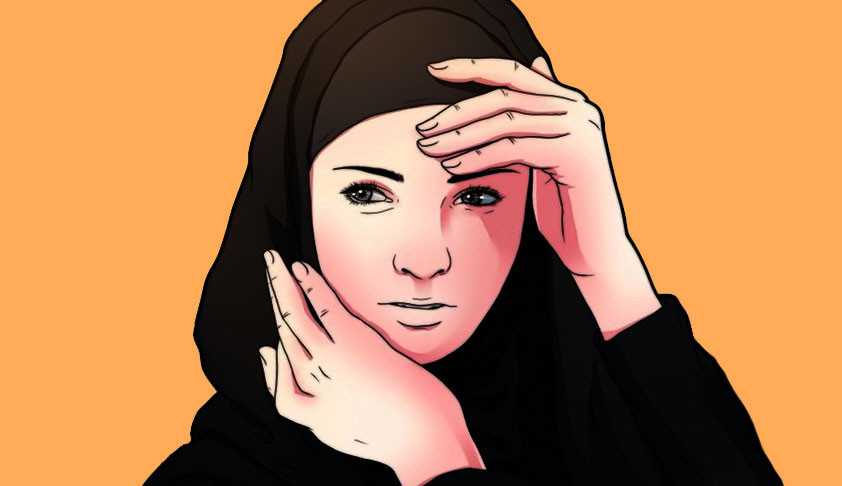- Home
- /
- News Updates
- /
- Petition In Madras HC Against...
Petition In Madras HC Against Triple Talaq Ordinance
PTI
5 Oct 2018 8:37 PM IST
A PIL has been filed in the Madras High Court against the ordinance that makes the practice of instant 'triple talaq' a punishable offence, contending that it violated the Constitution and was discriminatory.When the public interest litigation petition by Hussain Afroze, an advocate of the high court, came up for hearing, a bench comprising justices S Manikumar and P T Asha directed the...
Next Story



